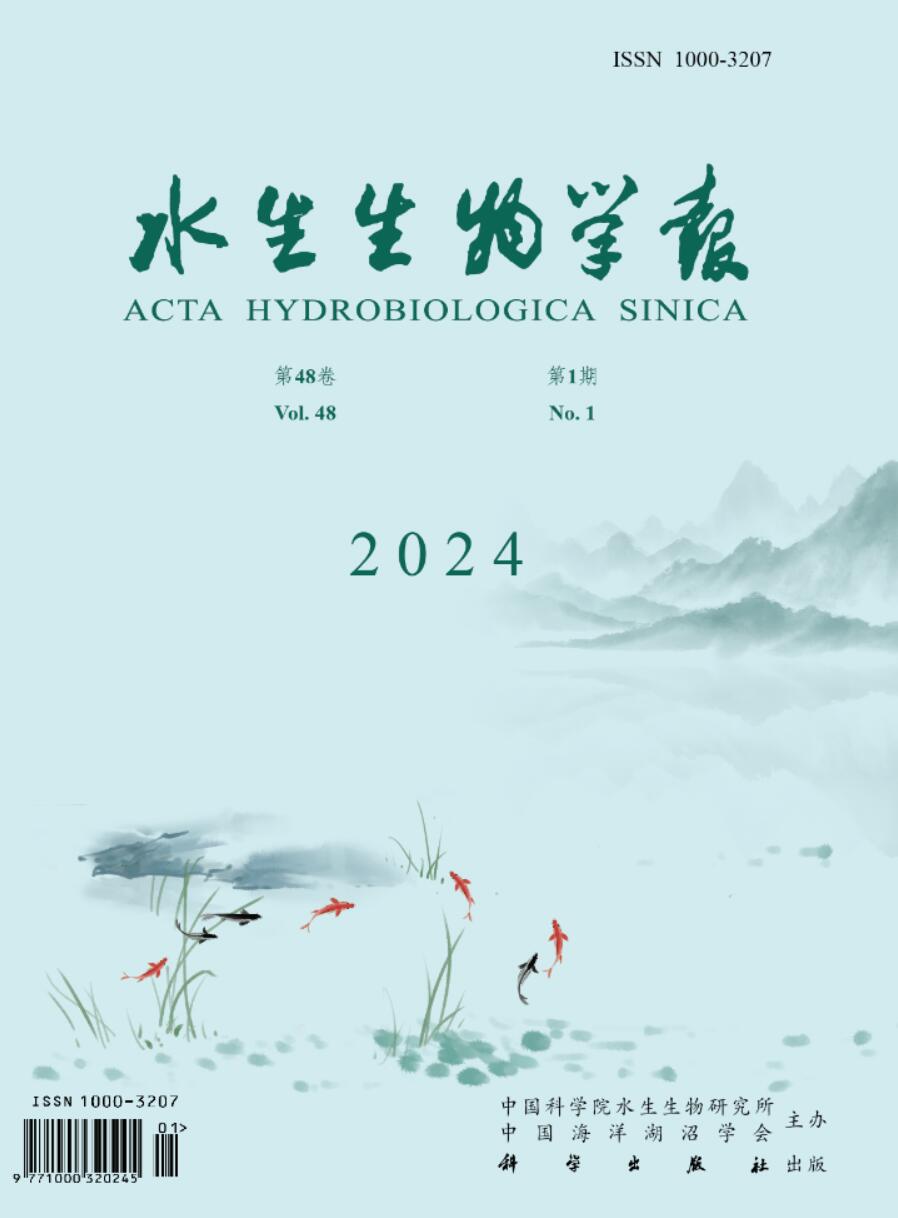RESEARCH ON THE DEGRADATION OF IVERMECTIN AND ITS ACUTE TOXICITY TO SEVEN AQUATIC ORGANISMS
引用次数: 2
Abstract
Ivermectin(IVM) is a widely applied veterinary pharmaceutical which is used in large amount to treat livestock.It has been a potential environmental problem,that the drug often appears intact in the metabolite of livestock,and its transport from soil to surface water via runoff.In natural environment,dissipation is relatively slow,and the residues can cause mortality in a diverse range of invertebrates.So ivermectin may destroy the aquatic ecosystems.To evaluate the potential toxicity of ivermectin to aquatic organisms,we simulated a natural riverway environment when monitoring the degradation speed of it,and then chose seven aquatic organisms which take up different ecological riche to test acute toxicity by national standard metords.The results displayed that the degradation of Ivermectin(IVM) in water environment was slow,and the degradation rate of IVM in sediment was only 28.3% of 70 days’ experiment under 25℃.The results showed no obviously toxicity to Photobacterium phosphoreum and the 96h EC50 to Chlorella vulgaris was 19.80 mg/L,it did not exhibit high toxicity.But the toxicity of IVM to Brachydanio rerio,Gambusia affinis,Carassius auratus,Macrobrachium rosenbergii and Daphnia magna were relatively higher,and date was 40.48 μg/L(96h LC50),34.81 μg/L(96h LC50),13.79 μg/L(96h LC50),7.87 μg/L(96h LC50) and 4.81 ng/L(24h LC50) respectively.IVM would influence the aqua-biology obviously when the drug residue appeared in water environment,so it is necessary to learn more on ivermectin.伊维菌素的降解及其对7种水生生物的急性毒性研究
伊维菌素(IVM)是一种应用广泛的兽药,被大量用于家畜治疗。这是一个潜在的环境问题,药物在牲畜的代谢物中通常是完整的,并且它通过径流从土壤转移到地表水。在自然环境中,其耗散相对缓慢,其残余物可导致多种无脊椎动物的死亡。所以伊维菌素可能会破坏水生生态系统。为了评价伊维菌素对水生物的潜在毒性,我们模拟天然河道环境,监测其降解速度,然后选择7种不同生态富余度的水生物,采用国家标准方法进行急性毒性试验。结果表明:水体环境对伊维菌素(IVM)的降解较为缓慢,25℃条件下70 d试验中,沉积物中IVM的降解率仅为28.3%。对磷光杆菌无明显毒性,对普通小球藻96h EC50为19.80 mg/L,未表现出高毒性。但IVM对鲈鱼(Brachydanio)、亲和赤鲷(Gambusia affinis)、鲫鱼(Carassius auratus)、罗氏沼虾(Macrobrachium rosenbergii)和大水蚤(Daphnia magna)的毒性较高,分别为40.48 μg/L(96h LC50)、34.81 μg/L(96h LC50)、13.79 μg/L(96h LC50)、7.87 μg/L(96h LC50)和4.81 ng/L(24h LC50)。当药物残留出现在水环境中时,IVM会对水生物学产生明显的影响,因此有必要对伊维菌素进行更多的研究。
本文章由计算机程序翻译,如有差异,请以英文原文为准。
求助全文
约1分钟内获得全文
求助全文

 求助内容:
求助内容: 应助结果提醒方式:
应助结果提醒方式:


